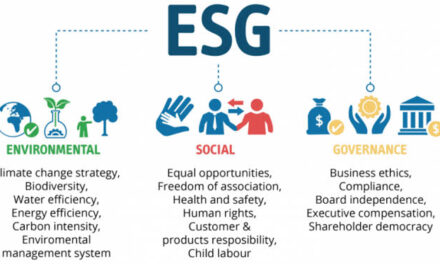The President of the Board of Directors, African Export-Import Bank (AFREXIMBANK), Professor Benedict Oramah has revealed that the 16 percent of total intra-African trade witnessed now can only appreciate if attention is moved away from commodities to manufacturing.
Oramah who delivered the guest lecture at the Manufacturers Association of Nigeria’s 47th annual general meeting in Lagos, stressed that the signing of the African Continental Free trade area agreement (AfCFTA) in Niger few months ago, will be a catalyst to improved intra-African trade, which he said, is expected to shore up to 22 per cent by 2022.
He added that it is disheartening to know that after over 60 years of continental independence, Africa is lowest in economic output globally.
“To bring prosperity to Africa we have to move away from commodities; we have to unlock manufacturing. This will, however, require that we bring down the borders and most importantly that we reverse engineer the colonial strategy.
“We must therefore thank our leaders for rising to the challenge of creating the AfCFTA. We must thank His Excellency, President Muhammadu Buhari for bringing Nigeria into the fold.
“The AfCFTA has now come into force. It is expected that it will by 2022 bring the share of intra-African trade to 22 percent, up from current levels of about 16 percent and bring total intra-African trade to about 250 billion US dollars, from about 160 billion US dollars currently.
“Since manufactures account for about 60 percent of total intra-African trade, intra-regional trade in manufactures can rise to more than 150 billion US dollars by 2022. The opportunity for African manufacturers is therefore phenomenal”, he added.
“It is clear from the foregoing that the 84.000 km of borders that Africa suffers today did not arise by chance; any wonder why despite almost 60 years of independence, Africa remains the continent with the lowest manufacturing output despite an abundance of resources, It is also little wonder why Africa is the continent that trades the least with itself, despite the strong relationship between intra-regional trade and industrial development and economic progress.”
While adding, he warned that despite the benefits that lies ahead the AfCFTA, difficulties in implementation and consistencies will surface.
“The AfCFTA will require adjustments at country, sector and firm levels in response to shifts in competitiveness. Companies which are nimble can adjust more quickly and become early gainers while those who are not may face survival challenges.
“The coming into force of the AfCFTA opens the wider African market for Nigerian manufacturer, creating a market of 1.2 billion people and a combined GDP of about 2.5 billion US dollars. The preferences that AfCFTA offers can make Nigerian manufactured goods more competitive in many African markets and can also make it possible for integration into regional and global supply chains.”










